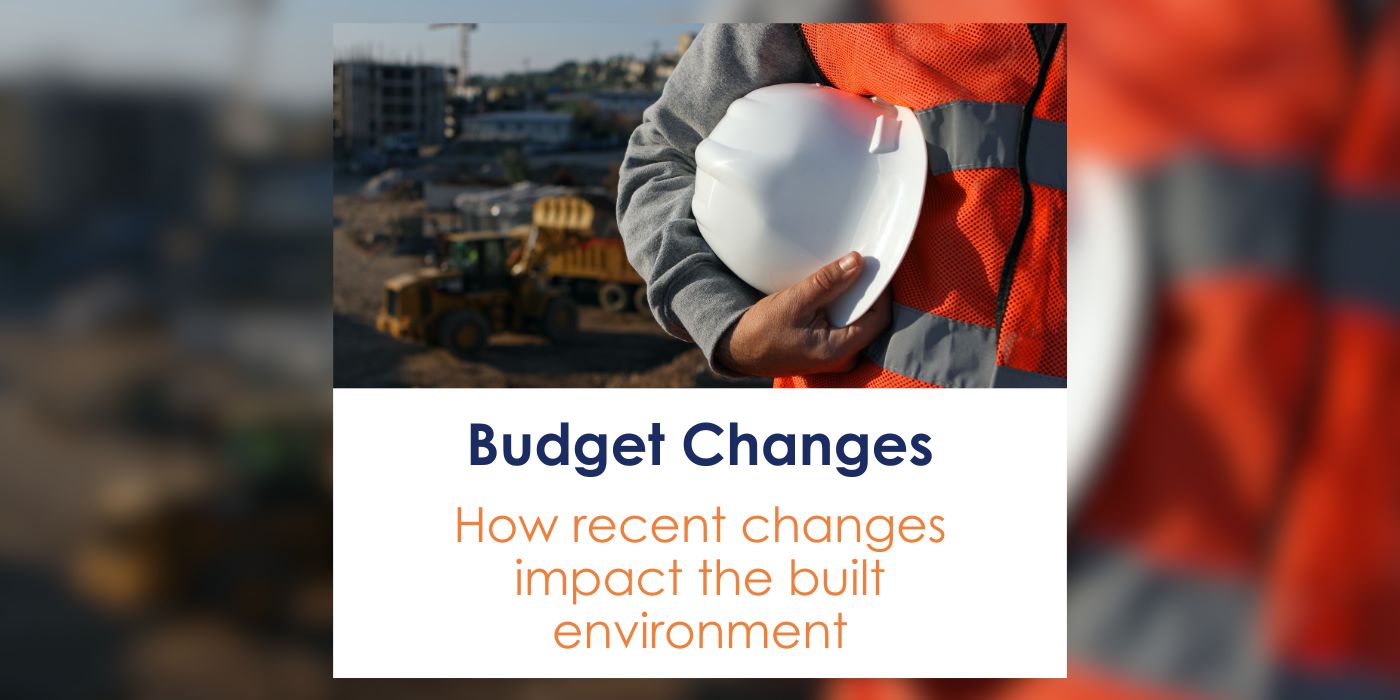
The Future of Green Energy Careers
23 Jan, 20245 MinutesIn 2023, the global energy industry witnessed a surge in job opportunities, propelled by inc...

In 2023, the global energy industry witnessed a surge in job opportunities, propelled by increased investments in clean energy technologies. The International Energy Agency (IEA) recently released its World Energy Employment report, revealing a substantial workforce growth, reaching 67 million people in 2022 – a rise of 3.5 million from pre-pandemic levels. Early 2023 data indicated a further increase in jobs.
The report highlights five key sectors driving this employment growth: Solar (PV), Wind energy, electric vehicles (EVs) and batteries (BESS), heat pumps, and critical minerals mining. Solar PV emerged as the largest employer, contributing four million jobs, while EVs and batteries experienced the fastest growth, adding over a million jobs since 2019.
Despite this positive trend, a significant challenge is the global skills gap and educational limitations within the industry, hindering the anticipated pace of growth. Many industry insiders observe a mismatch between the increasing demand for energy sector jobs and the number of workers pursuing relevant degrees or certifications.
Addressing this issue requires a people-centred approach from policymakers, advocating for a smoother transition from declining sectors like coal. Collaborative efforts among governments, industries, and educational providers are crucial to establishing programs that deliver the expertise and skillsets needed in the energy sector. This is essential for manufacturing and constructing clean energy projects to meet energy and climate goals.
Research from MCS underscores the potential role of career advisors and social media influencers in guiding young individuals towards green apprenticeships and graduate roles. Apprenticeships and graduate positions emerge as promising solutions to bridge the skills gap, with more than half of the youth expressing increased interest in Green Energy Careers.
The International Energy Agency's Net-Zero Emissions by 2050 Scenario forecasts the creation of nearly 30 million new clean energy jobs. Simultaneously, approximately 13 million jobs in fossil fuel-related industries could be at risk. This pressures policymakers to prioritise job training and capacity building, ensuring that energy transitions benefit as many individuals as possible.
Looking for a new career in renewable energy, or seeking the best green energy expertise for your project?
Contact us today and see how we DO it different:


